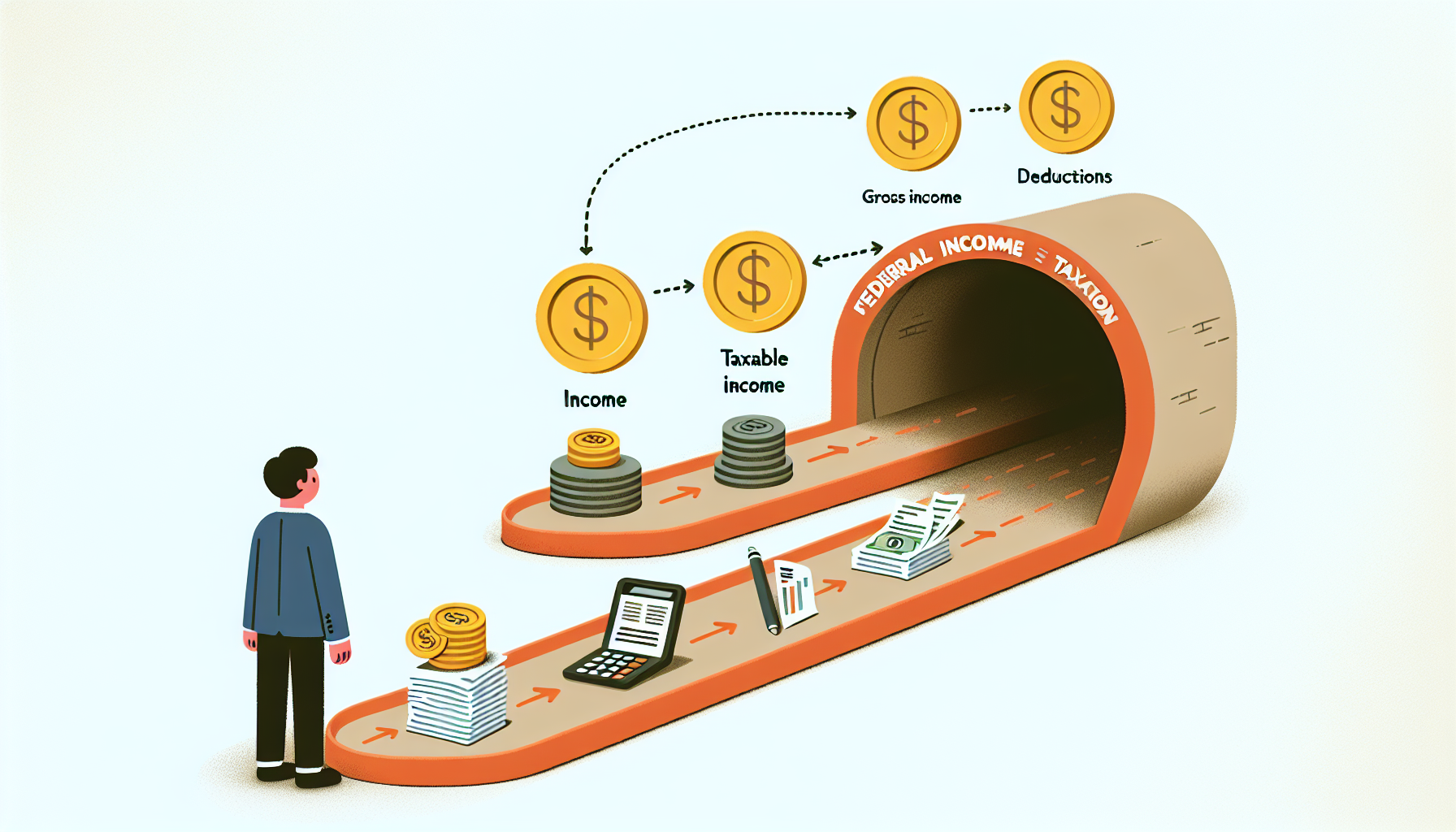Federal Income Tax refers to the tax levied by the United States federal government on the income generated by individuals, corporations, and various entities. This tax is based on the taxpayer’s earnings, which may include wages, salaries, dividends, interest, and capital gains.
The federal income tax system is progressive, meaning that the tax rate increases as the level of income rises. Taxpayers are required to file an annual tax return to report their income, calculate their tax liability, and determine any refund or amount owed. The Internal Revenue Service (IRS) is the federal agency responsible for administering and enforcing federal income tax laws.
For example, if an individual earns $50,000 in a tax year, they will be taxed at different rates for different portions of their income, according to established tax brackets. This means that the first portion of their income may be taxed at a lower rate, while higher portions are taxed at higher rates, ultimately calculating their total tax liability.
« Back to Glossary Index
